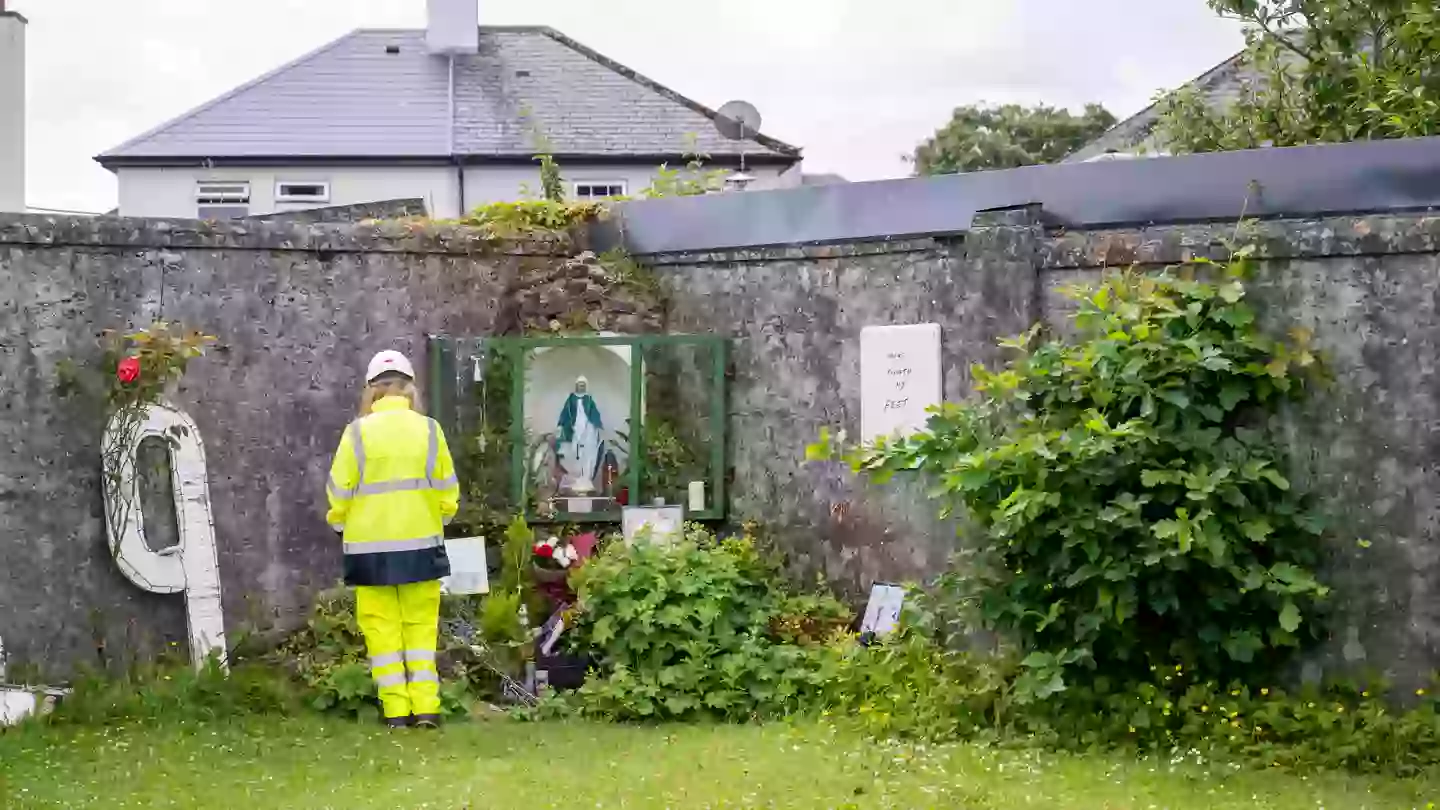In a significant and sensitive operation, a forensic team has begun excavating a former property in search of the remains of nearly 800 infants and children.
This long-awaited excavation is occurring at the site of a ‘mother and baby home’ in Tuam, Ireland, which ceased operations more than sixty years ago.
The extensive research of Catherine Corless, a dedicated local historian from County Galway, unveiled that as many as 798 children perished at the home for unmarried mothers from 1925 until its closure in 1961.
Corless has indicated that many of the deceased children were allegedly disposed of in a disused sewage tank, infamously known as ‘the pit’.
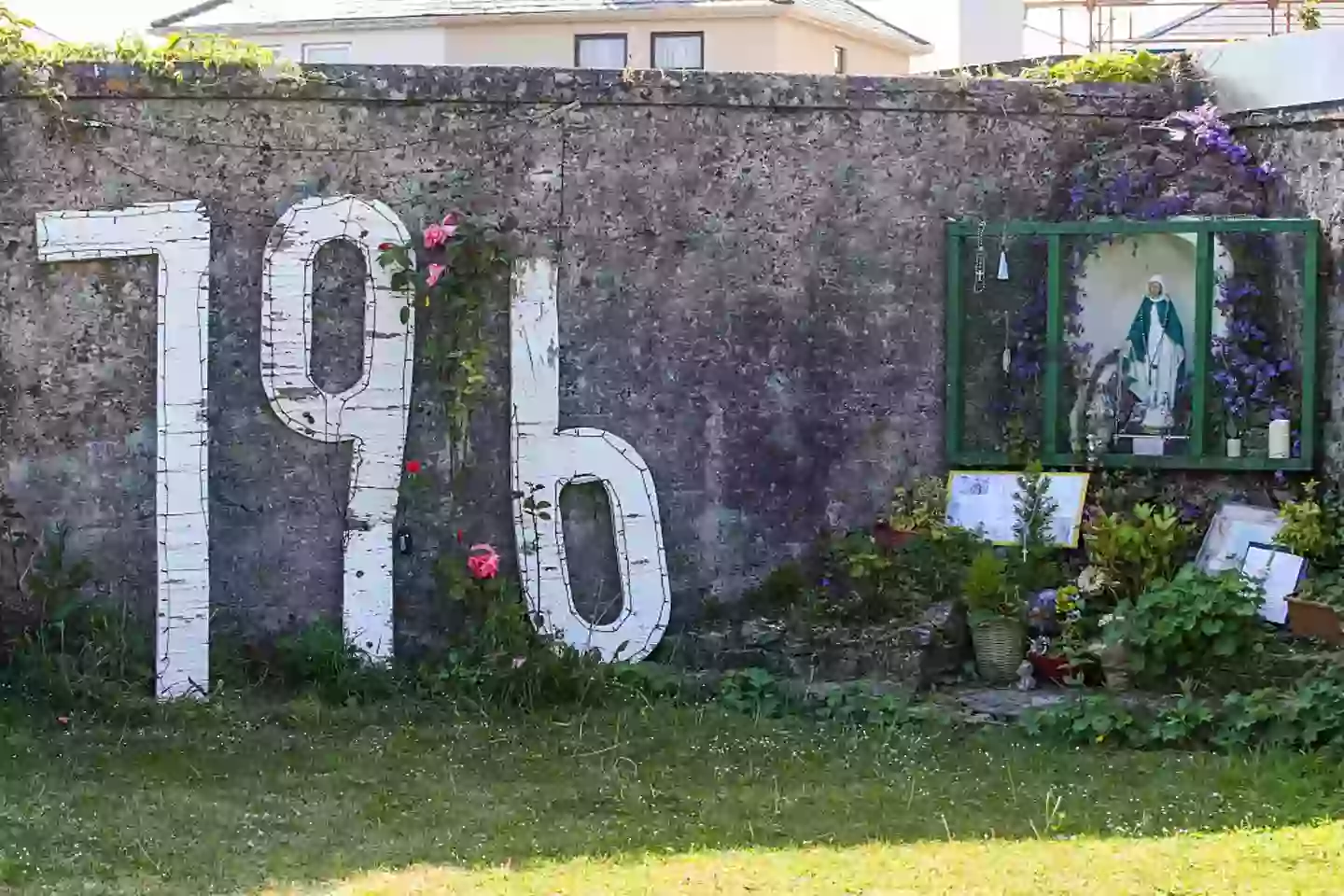
Among the 798 children who died, only two received official burials in a nearby graveyard. It is believed the rest were placed in a mass grave at the site, without coffins or markers.
Corless’s findings, published in 2014, sent shockwaves across Ireland and internationally, shedding light on a grim period in Ireland’s mid-20th-century history where the Catholic Church stigmatized ‘illegitimate’ births, denying these children baptism and Christian burials.
The investigation into the site traces back to 1975 when two boys, aged 12, stumbled upon a septic tank reportedly filled with human remains. Initially, these remains were thought to date back to the Irish famine in the 1840s.
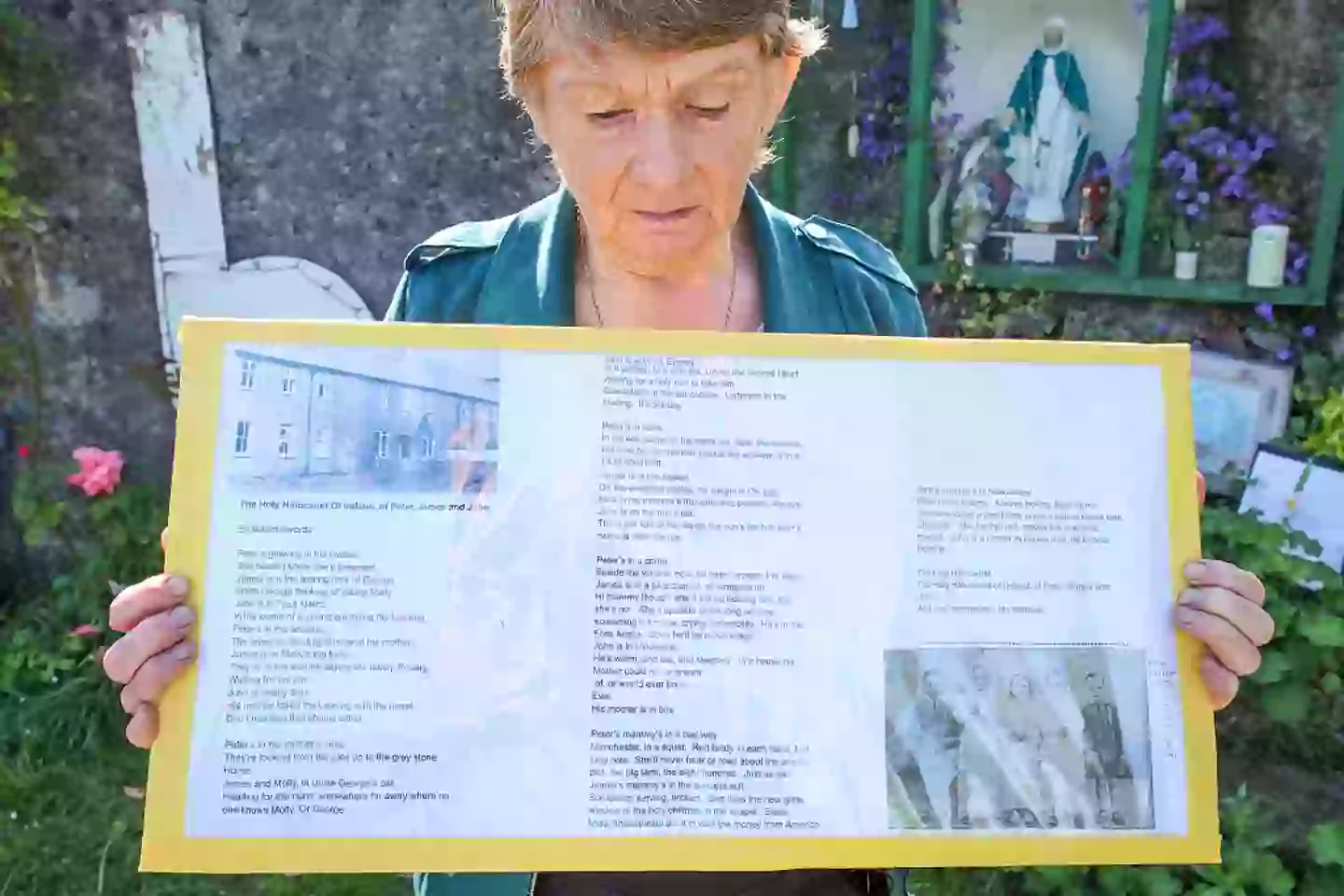
“I’m feeling very relieved,” Corless expressed to Sky News before the excavation commenced, acknowledging that the process might extend over two years.
“It’s been a long, long journey. Not knowing what’s going to happen, if it’s just going to fall apart or if it’s really going to happen.”
St Mary’s home, administered by Catholic nuns, accommodated women facing the societal ‘shame’ of bearing children out of wedlock.
Throughout the years, Ireland had at least 10 such homes, housing approximately 35,000 unmarried women. Often, mothers were separated from their children, or their children were forcibly adopted out.
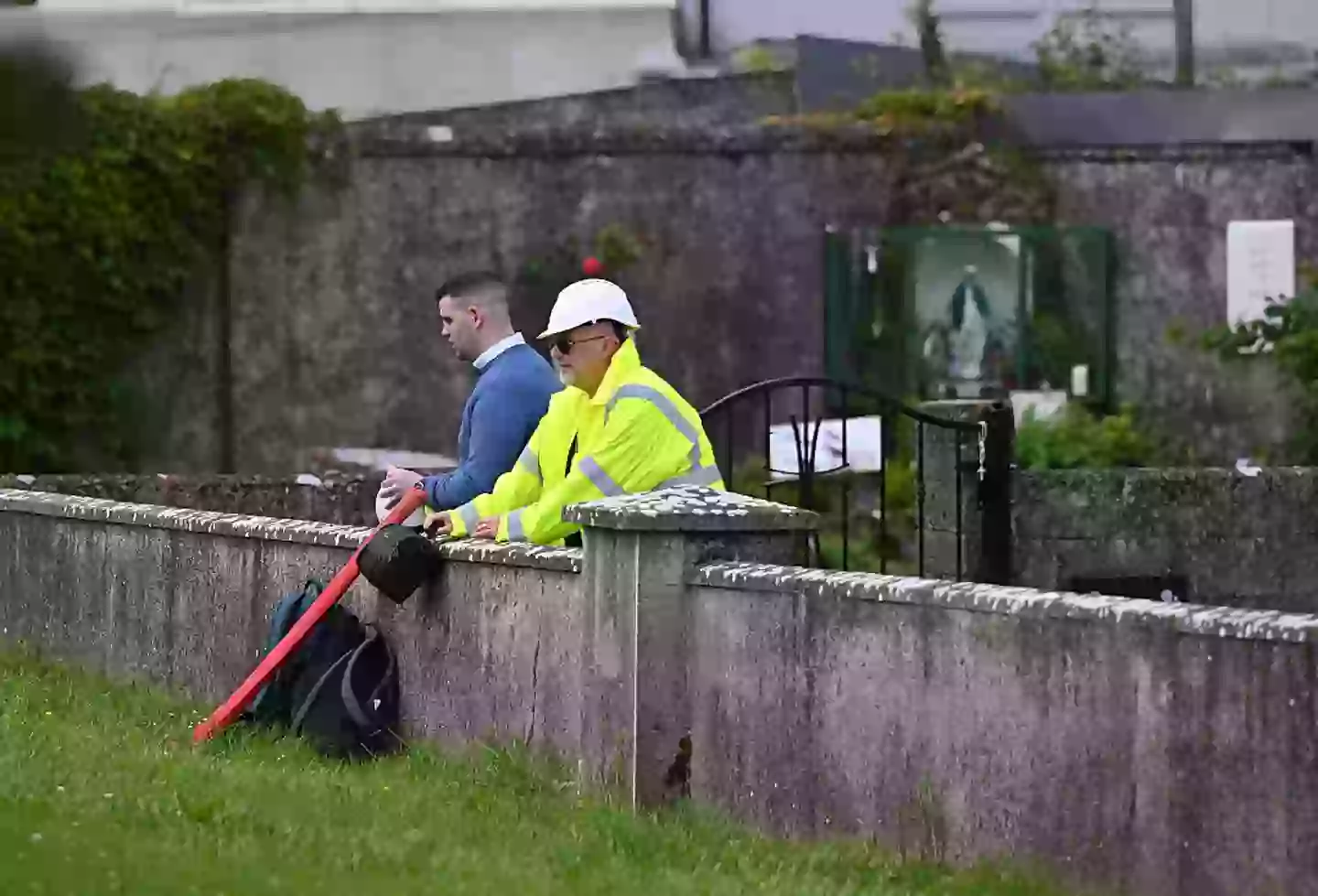
Tuam center’s death records show that many children died due to malnutrition and diseases such as measles and tuberculosis, common at that time. However, a 2021 inquiry exposed the ‘appalling level of infant mortality’ at similar institutions nationwide, where about 9,000 children died across 18 homes.
As a consequence, the Irish government issued a formal apology, with Taoiseach Micheal Martin admitting that ‘we had a completely warped attitude to sexuality and intimacy, and young mothers and their sons and daughters were forced to pay a terrible price for that dysfunction’.
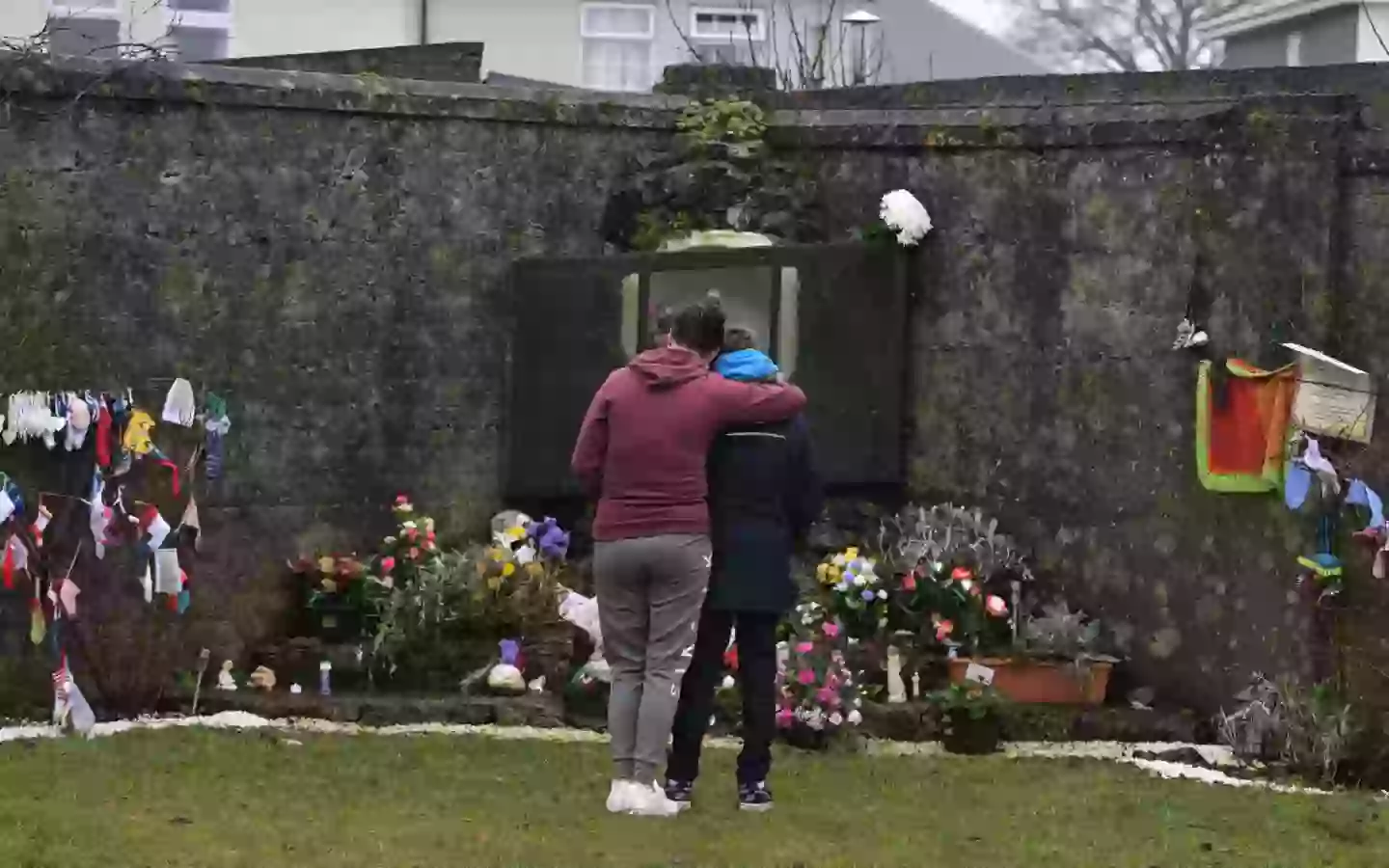
The Sisters of Bon Secours, the Catholic nuns who operated the Tuam home, also issued a ‘profound apology’ and offered financial restitution.
They recognized that the children were ‘buried in a disrespectful and unacceptable way’ at the location.
Corless added: “The church preached to look after the vulnerable, the old and the orphaned, but they never included illegitimate children for some reason or another in their own psyche.
“I never, ever understand how they could do that to little babies, little toddlers. Beautiful little vulnerable children.”
Currently, the aim is to use DNA testing to identify as many of the remains as possible and to ensure each child receives a respectful burial.

